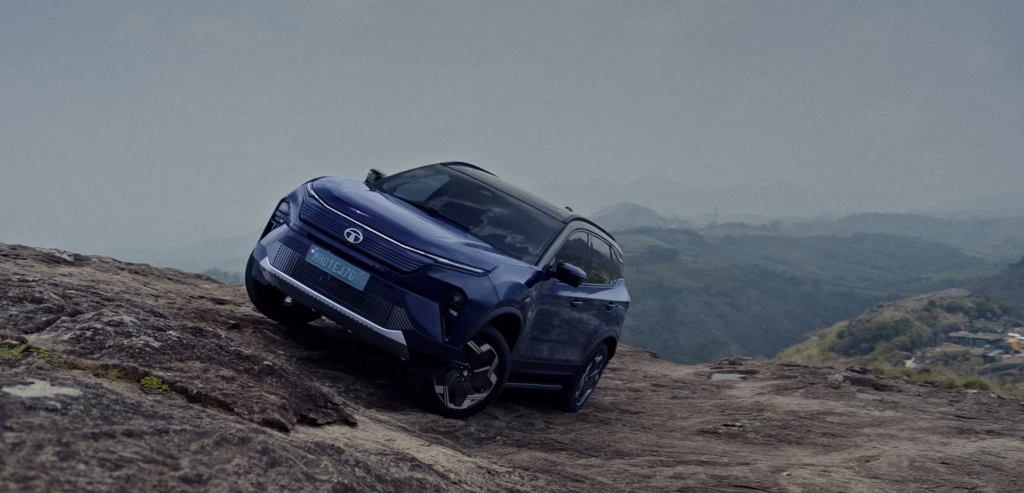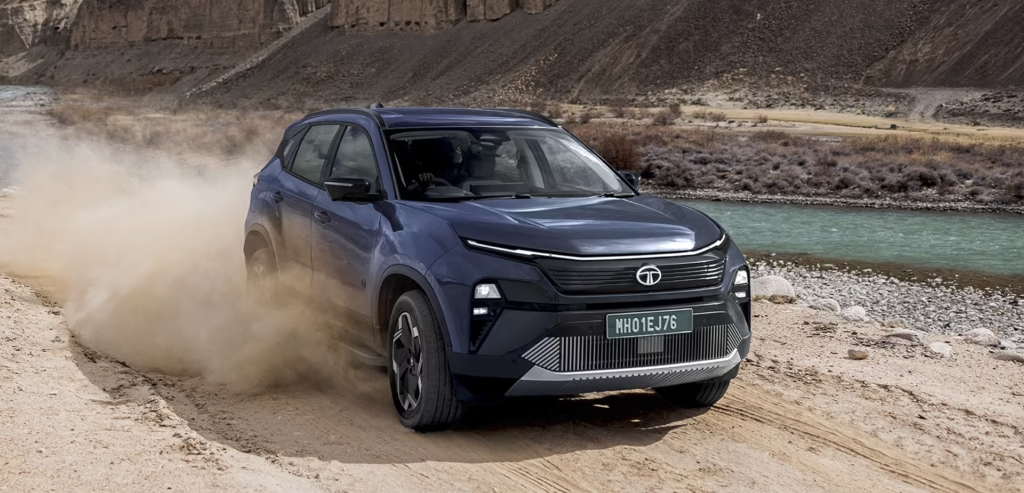Thinking of buying an EV in 2025? Let’s explore EV vs petrol cars in India, infrastructure status, and whether an electric car is worth it right now.
With rising fuel prices, increasing environmental awareness, and strong government incentives, electric vehicles (EVs) are no longer just futuristic concepts—they’re a reality on Indian roads. But for many potential buyers, a key question remains: “Should I buy an EV in 2025 or wait?” The answer isn’t one-size-fits-all. It depends on your location, driving habits, and priorities.
The Current State of EV Infrastructure in India
As of 2025, India’s EV ecosystem is progressing steadily but not uniformly. Tier-1 cities like Delhi, Mumbai, Bangalore, and Hyderabad have seen a significant rise in EV charging stations, both public and private. Fast chargers are becoming more common at malls, office complexes, and petrol stations.
However, EV infrastructure in tier-2 and rural areas remains limited, making long-distance travel outside metros somewhat challenging. This uneven spread makes it important for potential EV owners to consider their local infrastructure before making the leap.
EV vs Petrol Car India: A Practical Comparison
When evaluating EV vs petrol car in India, there are several key factors to consider:
| Feature | Electric Vehicles (EVs) | Petrol Cars |
|---|---|---|
| Running Cost | ₹1–1.5/km (significantly lower) | ₹7–10/km (varies by model) |
| Maintenance | Low (fewer moving parts) | Higher (engine wear, oil changes) |
| Charging/Refueling | Requires planning, charging time | Quick refuel in 5 minutes |
| Infrastructure | Improving, still growing | Robust, well-established |
| Environmental Impact | Zero tailpipe emissions | High carbon emissions |
| Initial Price | Generally higher | Lower upfront cost |
If your primary concern is daily city driving and cost savings, EVs are a clear winner. But if you’re in an area where charging is a hassle, or you frequently take long trips, petrol cars still offer convenience.
Is EV Worth It in India?
So, is EV worth it in India right now? The answer is a cautious yes—for many urban users.
Incentives under the FAME-II scheme, state-level subsidies, lower GST, and reduced registration fees make electric vehicles more affordable. Over a few years, the total cost of ownership (TCO) of an EV often becomes less than that of a petrol car, thanks to fuel and maintenance savings.
Moreover, automakers like Tata, Hyundai, MG, and Mahindra are rapidly expanding their EV portfolios, offering models that cater to both city and premium buyers.
That said, if you’re still concerned about battery life, resale value, or long-distance driving limitations, it may be wise to wait for India’s charging infrastructure to mature over the next 1–2 years.

Image Courtesy: Tata Motors India
Should I Buy EV in 2025 or Wait?
Here’s a quick guide to help decide:
Buy Now If:
- You live in a metro with good charging availability.
- Your daily commute is under 100 km.
- You want to save on fuel and maintenance.
- You’re eligible for state subsidies or corporate incentives.
Wait If:
- You often travel long distances to areas with limited charging.
- You need more affordable EV options.
- You’re waiting for battery tech or resale value to improve.
Final Verdict
For many urban drivers, 2025 is a great time to switch to an EV. The growing ecosystem, government support, and long-term savings make a strong case. But if you live in a region where charging remains inconvenient or you’re a frequent highway traveler, it might be smarter to wait a bit longer.
The Indian EV revolution is well underway. Whether you join it now or a year later, the shift is inevitable—and it’s electric.

